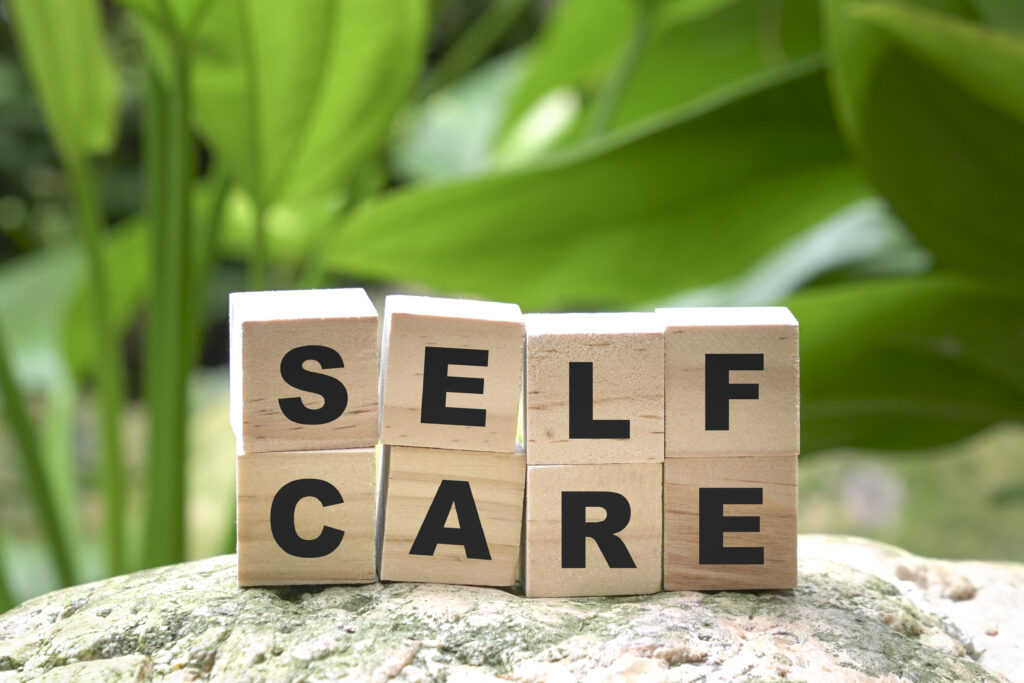Need Something More?
Check out our self-directed Spouse or Significant Other Wellbeing Course.

Below is a comprehensive resource on self-care from the SSO Wellbeing Course. If you are interested in learning more about the SSO Wellbeing Course, click here.
This document is for individual, personal use only. To request permission for broader use, contact PSPNET.
Check out our self-directed Spouse or Significant Other Wellbeing Course.
Field, T. (2011). Yoga clinical research review. Complementary Therapies in Clinical Practice, 17(1), 1-8. https://doi.org/10.1016/j.ctcp.2010.09.007
Friese, K. M. (2020). Cuffed together: A study on how law enforcement work impacts the officer’s spouse. International Journal of Police Science & Management, 22(4), 407–418. https://doi.org/10.1177/1461355720962527
Gál, É., Ștefan, S., & Cristea, I. A. (2021). The efficacy of mindfulness meditation apps in enhancing users’ well-being and mental health related outcomes: A meta-analysis of randomized controlled trials. Journal of Affective Disorders, 279, 131-142. https://doi.org/10.1016/j.jad.2020.09.134
Hamasaki, H. (2020). Effects of diaphragmatic breathing on health: A narrative review. Medicines, 7(10), 65. https://doi.org/10.3390/medicines7100065
Huberty, J. L., Green, J., Puzia, M. E., Larkey, L., Laird, B., Vranceanu, A.-M., Vlisides-Henry, R., & Irwin, M. R. (2021). Testing a mindfulness meditation mobile app for the treatment of sleep-related symptoms in adults with sleep disturbance: A randomized controlled trial. PLOS ONE, 16(1), e0244717. https://doi.org/10.1371/journal.pone.0244717
Kemper, K. J., & Danhauer, S. C. (2005). Music as therapy. Southern Medical Journal, 98(3), 282–288. https://doi.org/10.1097/01.SMJ.0000154773.11986.39
Mayer, F. S., McPherson Frantz, C., Bruehlman-Senecal, E., & Dolliver, K. (2009). Why is nature beneficial?: The role of connectedness to nature. Environment and Behavior, 41(5), 607-643. https://doi.org/10.1177/0013916508319745